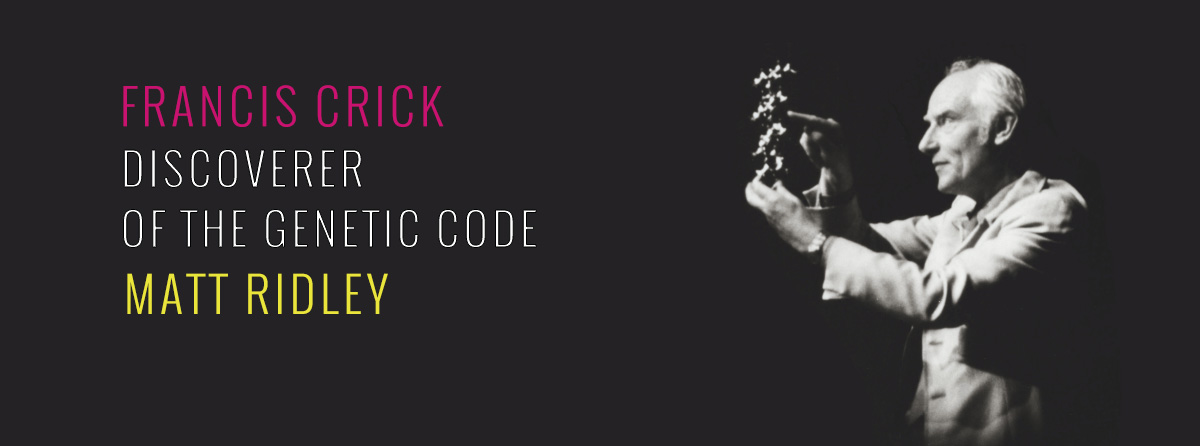I am frequently asked for my opinion on the speculation that Francis Crick was on LSD when he discovered the double helix; or that he was involved with a man named Dick Kemp in the manufacture of LSD. These assertions were reported second hand in an article in the Mail on Sunday by Alun Rees following Crick’s death and they have since gained a certain amount of traction on the internet. Both stories are wrong. The true story, which I was told directly by Crick’s widow and by the man who (as his widow confirms) first supplied the Cricks with LSD, is much less sensational. Crick was given (not sold) LSD on several occasions from 1967 onwards by Henry Todd, who met the Cricks through his girlfriend. Todd did know Kemp, with whom he was eventually prosecuted, but the Cricks did not. As for the implausible idea that the then impoverished and conventional Crick would have had access to LSD when it was newly invented in the early 1950s, there is simply no evidence for it at all. Those who wish to argue that LSD helped Crick make discoveries should note that all his major breakthroughs in molecular biology were made before 1967.
Buy Francis Crick: Discoverer of the Genetic Code
You can also buy it from my favourite bookshop Aldeburgh Bookshop





